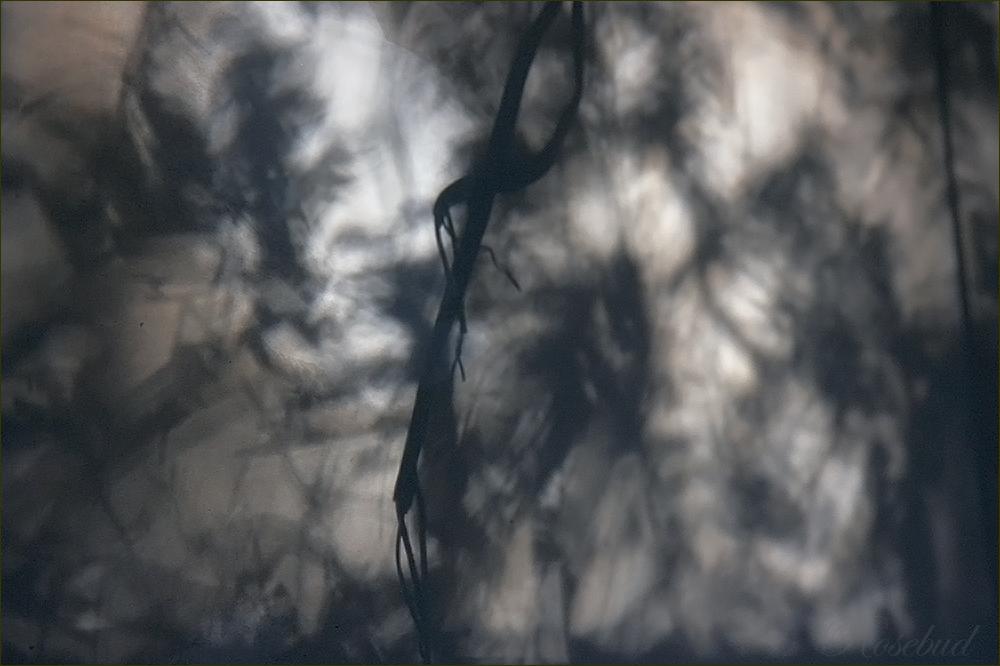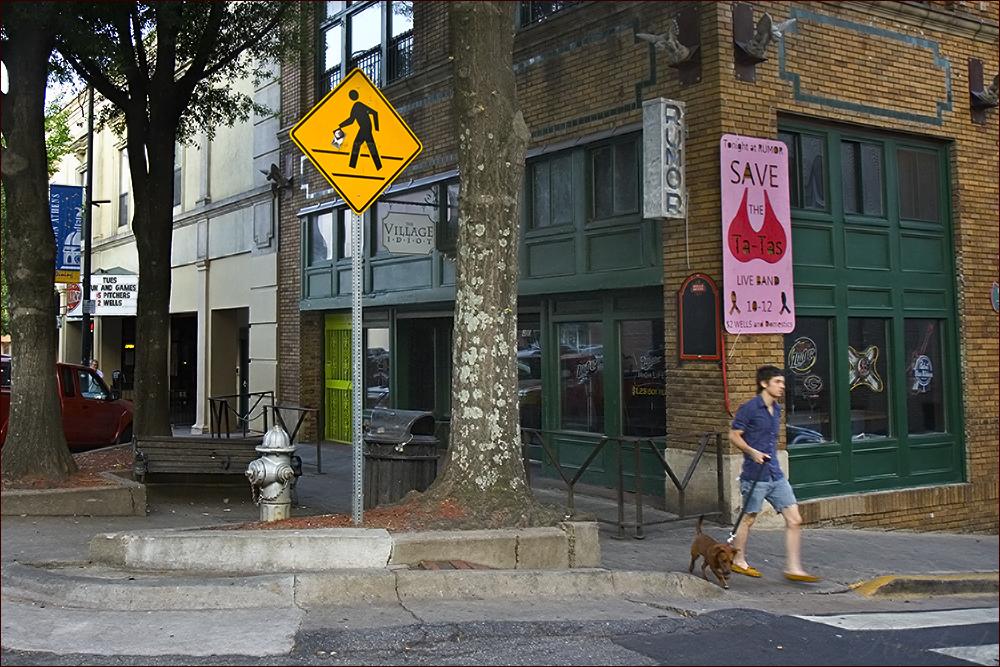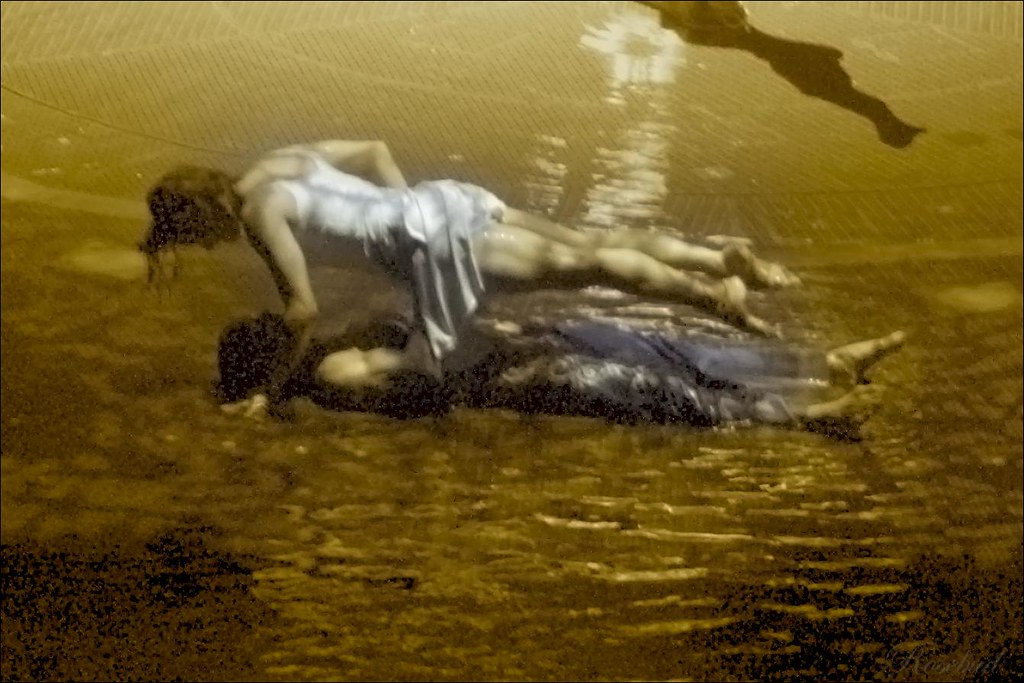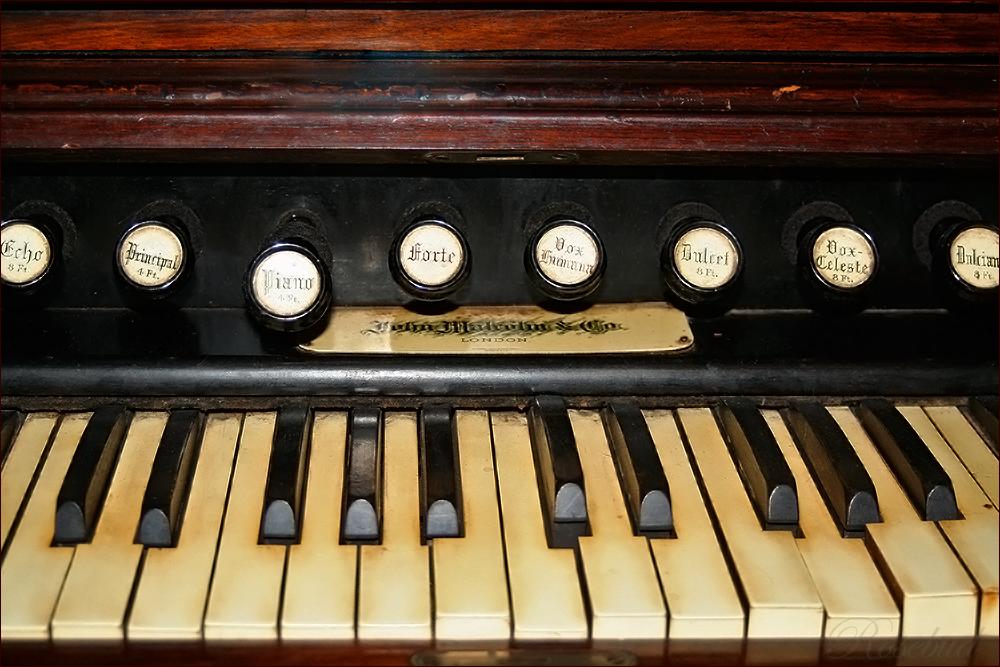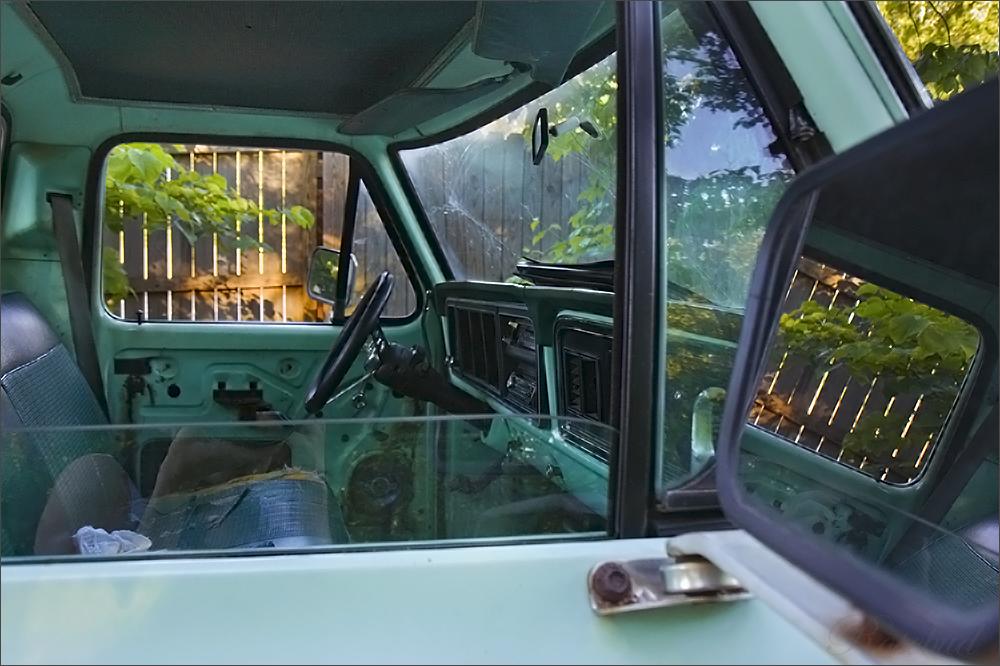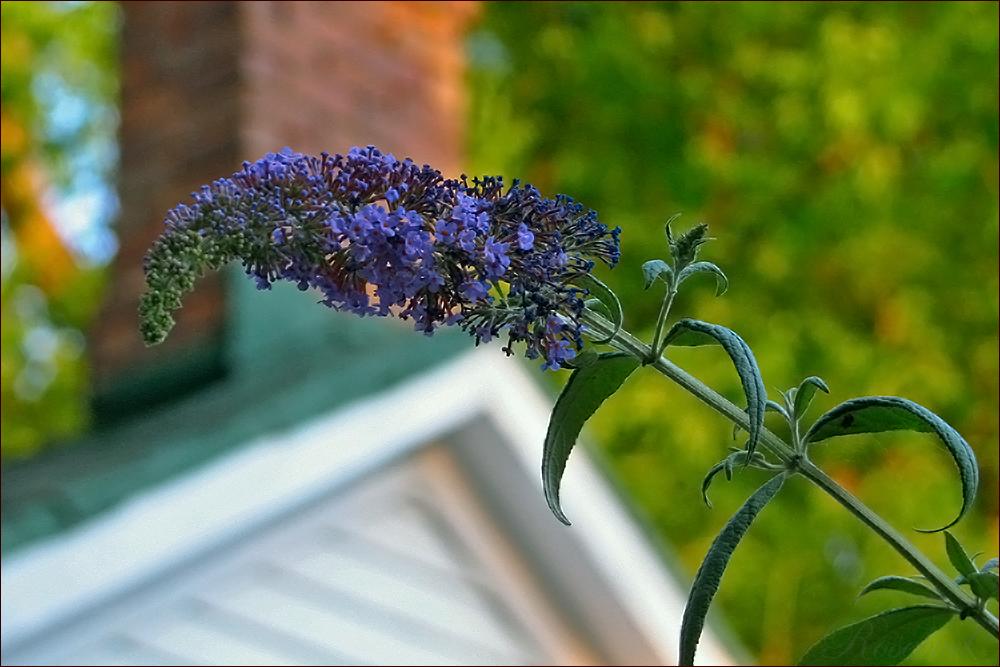Monday, June 30
proportional
Women have served all these centuries as looking-glasses possessing the magic and delicious power of reflecting the figure of man at twice its natural size.
-- Virginia Woolf A Room of One's Own
Posted by
rb
at
6/30/2008
![]()
Saturday, June 28
Náttúra in Reykjavik

photograph: Jonas Bendiksen (see Iceland gallery here)
Björk and Sigur Rós took part in a free environmental awareness concert in Reykjavik, to be webcast live from Iceland today but I couldn't get the player to work.
From Náttúra: "The event will raise awareness of the destruction of Iceland’s cherished natural landscape (the largest unspoilt wilderness left in Europe), through increasingly invasive aluminum smelting activity, and a new book by Andri Snær Magnason, Dreamland: a self help manual to a frightened nation, that details the destructive behavior from an intelligent point of view and suggests what can be done to rectify such massive problems."
From IceNews: "Iceland attracts aluminum companies due to its abundance of clean renewable electricity – as aluminum smelting is extremely energy intensive, and the companies are looking for ways to reduce their carbon footprints.
However, the energy production often comes at a high cost to nature, as rivers are dammed or geothermal boreholes are drilled. One such dam, Karahnjukar, is the biggest in Europe and was constructed solely to power the Alcoa smelter in eastern Iceland which opened last year.
The dam was severely criticised by environmentalists, as it flooded a 57 square kilometre area of the pristine Highlands. A public protest rally in Reykjavik just days before the new dam was due to close its sluices for the first time was the biggest in the country’s history."
From The New York Times: "Smokestacks in a White Wilderness Divide Iceland"
National Geographic: "Power Struggle"
Saving Iceland
Interview with Andri Snær Magnason
Posted by
rb
at
6/28/2008
![]()
Saturday, June 21
i walked through the medieval town
I walked through the medieval town
in the evening or at dawn,
I was very young or rather old.
I didn't have a watch
or a calendar, only my stubborn blood
measured the endless expanse.
I could begin life, mine
or not mine, over,
everything seemed easy,
apartment windows were partway open,
other fates ajar.
It was spring or early summer,
warm walls,
air soft as an orange rind;
I was very young or rather old,
I could choose, I could live.
-- Adam Zagajewski
Tr. Clare Cavanagh
Adam Zagajewski
Posted by
rb
at
6/21/2008
![]()
Friday, June 20
clockwise
From that time I began to think of angels. I considered that sights such as I had seen of the silence must have been shared by the people who said they saw angels. I began to review the thing I had seen that morning. My impression now of those fields is of thousands of spirits—spirits trapped, perhaps, by my refusal to call them more fully, or by the paralysis of my own spirit at that time—thousands of spirits, angels in fact, almost indiscernible to the eye, and whirling. If pressed I would say they were three or four feet from the ground. Only their motion was clear (clockwise, if you insist); that, and their beauty unspeakable.
There are angels in those fields, and, I presume, in all fields, and everywhere else.
-- Annie Dillard Teaching a Stone to Talk
Posted by
rb
at
6/20/2008
![]()
Thursday, June 19
bringing language back to its original source
Therefore, when speaking of poetry we may say that poetry is not doing what Stevenson thought—poetry is not trying to take a set of logical coins and work them into magic. Rather, it is bringing language back to its original source. Remember that Alfred North Whitehead wrote that, among the many fallacies, there is the fallacy of the perfect dictionary—the fallacy of thinking that for every perception of the senses, for every statement, for every abstract idea, one can find a counterpart, an exact symbol, in the dictionary. And the very fact that languages are different makes us suspect that this does not exist.
For example, in English (or rather in the Scots) we have such words as "eerie" and "uncanny." These words cannot be found in other languages. (Well, of course, we do have the German unheimlich.) Why is this so? Because men who spoke other languages had no need for these words—I suppose a nation evolves the words it needs. This observation, made by Chesterton (I think in his book on Watts), amounts to saying that language is not, as we are led to suppose by the dictionary, the invention of academicians or philologists. Rather, it has been evolved through time, through a long time, by peasants, by fishermen, by hunters, by riders. It did not come from the libraries; it came from the fields, from the sea, from rivers, from night, from the dawn.
Thus, we have in language the fact (and this seems obvious to me) that words began, in a sense, as magic.
-- Jorge Luis Borges This Craft of Verse
Posted by
rb
at
6/19/2008
![]()
Monday, June 16
discovery
I am absolutely convinced that a great artist only two or three times in his life has a clear and complete vision of an artwork in his head beforehand. . .But if what I know about many great artists is true, then they were for the most part experimenters. They experimented all the time, testing and trying; they were mainly like a sculptor who molds the clay with his fingers and, after he sees the shape, understands that by pushing the clay a little more to the other side, he can give to this shape more meaning or even a new one—a meaning he didn't have n mind before starting to work.
The same is true of landscape for a painter. A landscape is nothing and doesn't count for anything; yet it counts very much because it is the reason why the painter paints the painting. The landscape is the inspiration, but even inspiration is the wrong word. I should say the landscape is the "reason-for"; it is the "accident." But we need such accidents. The painter in front of his landscape starts with the idea that he is just going to paint it, that's all; but if he is a real artist he discovers so many things in the landscape—and even more in himself through the landscape, unconsciously—that he may just create a great painting.
-- Jean Renoir, from "A Conversation with Jean Renoir" (1956 interview with Gideon Bachmann), included in Jean Renoir Interviews ed. Bert Cardullo
Jean Renoir Interviews
Filmmaker Jean Renoir was the son of the painter Pierre-Auguste Renoir [more]
Excerpt from Jean Renoir's screenplay for The Grand Illusion (one of my favorite films) here
Posted by
rb
at
6/16/2008
![]()
Sunday, June 15
listening
My father could hear a little animal step,
or a moth in the dark against the screen,
and every far sound called the listening out
into places where the rest of us had never been.
More spoke to him from the soft wild night
than came to our porch for us on the wind;
we would watch him look up and his face go keen
till the walls of the world flared, widened.
My father heard so much that we still stand
inviting the quiet by turning the face,
waiting for a time when something in the night
will touch us too from that other place.
-- William Stafford
Posted by
rb
at
6/15/2008
![]()
Saturday, June 14
of the little words that come
Accept what comes from silence.
Make the best you can of it.
Of the little words that come
out of the silence, like prayers
prayed back to the one who prays,
make a poem that does not disturb
the silence from which it came.
-- Wendell Berry, lines from "How To Be a Poet"
How To Be a Poet
Mr. Wendell Berry of Kentucky
Posted by
rb
at
6/14/2008
![]()
Thursday, June 12
wait....
A little farther, right by the water, there was a café, quite deserted, with nary a waitress or a customer to be seen, as if there were a fire somewhere and they had all run off to look, taking with them their mugs and their plates. Wolfe and Natasha walked around the café, then sat down at an empty table and pretended that they were eating and drinking and an orchestra was playing. And, while they were joking, Natasha suddenly thought she heard the distinct sound of real orange-hued wind music. Then, with a mysterious smile, she gave a start and ran off along the shore. Baron Wolfe ponderously loped after her. “Wait, Natasha—we haven’t paid yet!”
Afterward, they found an apple-green meadow, bordered by sedge, through which the sun made the water gleam like liquid gold, and Natasha, squinting and inflating her nostrils, repeated several times, “My God, how wonderful . . .”
-- Vladimir Nabokov "Natasha"
Natasha
Dmitri Nabokov has decided to publish The Original of Laura, his father's unfinished last novel [link]
Posted by
rb
at
6/12/2008
![]()
Tuesday, June 10
its many strands
why is this jostling procession of waters,
its many strands overclambering one another,
so many word-marks, momentary traces
in wind-script of the world's voice,
why is it so bragging and surrendering,
love-making, spending, working and wandering.
-- Alice Oswald, lines from Dart
more on Dart
Alice Oswald
Posted by
rb
at
6/10/2008
![]()
Sunday, June 8
this instrument
These rules, the sign language and grammar of the Game, constitute a kind of highly developed secret language drawing upon several sciences and arts, but especially mathematics and music (and/or musicology), and capable of expressing and establishing interrelationships between the content and conclusions of nearly all scholarly disciplines. The Glass Bead Game is thus a mode of playing with the total contents and values of our culture; it plays with them as, say, in the great age of the arts a painter might have played with the colors on his palette. All the insights, noble thoughts, and works of art that the human race has produced in its creative eras, all that subsequent periods of scholarly study have reduced to concepts and converted into intellectual property—on all this immense body of intellectual values the Glass Bead Game player plays like the organist on an organ. And this organ has attained an almost unimaginable perfection; its manuals and pedals range over the entire intellectual cosmos; its stops are almost beyond number. Theoretically this instrument is capable of reproducing in the Game the entire intellectual content of the universe. These manuals, pedals, and stops are now fixed. Changes in their number and order, and attempts at perfecting them, are actually no longer feasible except in theory. Any enrichment of the language of the Game by addition of new contents is subject to the strictest conceivable control by the directorate of the Game. On the other hand, within this fixed structure, or to abide by our image, within the complicated mechanism of this giant organ, a whole universe of possibilities and combinations is available to the individual player. For even two out of a thousand stringently played games to resemble each other more than superficially is hardly possible. Even if it should so happen that two players by chance were to choose precisely the same small assortment of themes for the content of their Game, these two Games could present an entirely different appearance and run an entirely different course, depending on the qualities of mind, character, mood, and virtuosity of the players.
-- Herman Hesse The Glass Bead Game: (Magister Ludi)
Tr. Richard and Clara Winston
The Glass Bead Game
Posted by
rb
at
6/08/2008
![]()
Saturday, June 7
Thursday, June 5
a beauty of things imperfect
Wabi-sabi is a beauty of things imperfect, impermanent, and incomplete.
It is a beauty of things modest and humble.
It is a beauty of things unconventional...
Wabi-sabi is ambivalent about separating beauty from non-beauty or ugliness. The beauty of wabi-sabi is, in one respect, the condition of coming to terms with what you consider ugly. Wabi-sabi suggests that beauty is a dynamic event that occurs between you and something else. Beauty can spontaneously occur at any moment given the proper circumstances, context, or point of view. Beauty is thus an altered state of consciousness, an extraordinary moment of poetry and grace.
-- Leonard Koren Wabi-Sabi for Artists, Designers, Poets & Philosophers
Wabi-sabi
Posted by
rb
at
6/05/2008
![]()
Wednesday, June 4
Re-statement of Romance
The night knows nothing of the chants of night.
It is what it is as I am what I am:
And in perceiving this I best perceive myself
And you. Only we two may interchange
Each in the other what each has to give.
Only we two are one, not you and night,
Nor night and I, but you and I, alone,
So much alone, so deeply by ourselves,
So far beyond the casual solitudes,
That night is only the background of our selves,
Supremely true each to its separate self,
In the pale light that each upon the other throws.
-- Wallace Stevens
Posted by
rb
at
6/04/2008
![]()
